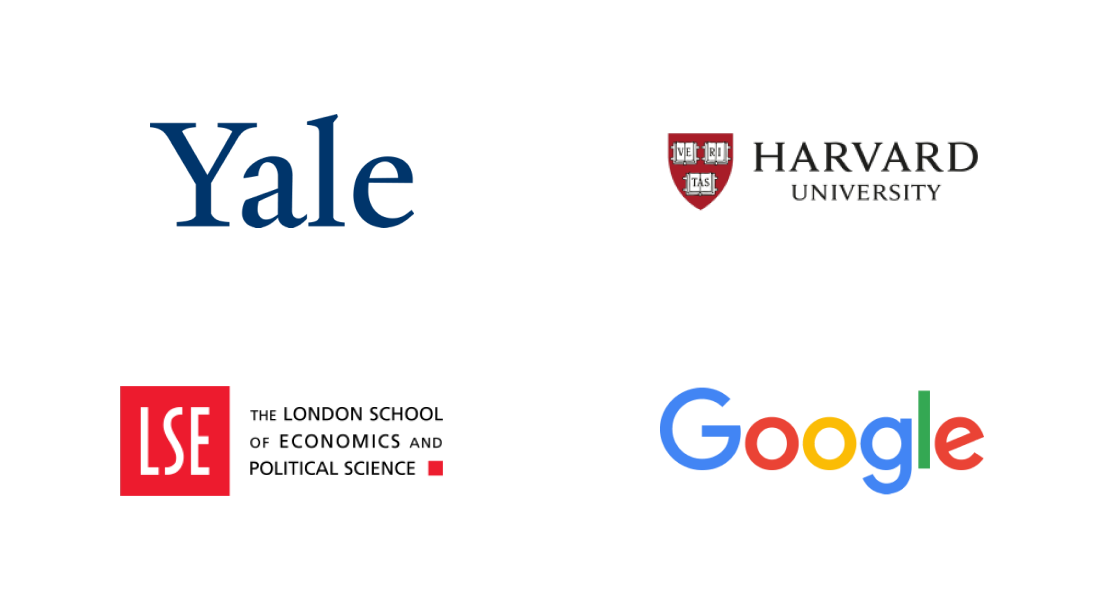Fuel organizational growth
edX is the global online learning platform that powers organizations and learners' ambition.
Breadth, flexibility, and impact at scale
Discover our expansive portfolio of outcome-based online learning programs — all taught by the world’s leading universities and industry experts.
15
years ed tech experience
83M+
learner network
4,500+
educational offerings
37
of 50 top world universities as partners1
190+
countries with registered edX learners
What type of organization are you?

edX For Business
Transform talent across all levels of your business. Choose among our vast range of comprehensive upskilling and reskilling solutions designed to foster individual development — and power organizational success.

edX For Government
Upskill and reskill public service professionals and citizens.

edX For Campus
Build the next generation of professional talent through credentialed learning.

edX For Impact
Enable social mobility with inclusive and accessible education.
Partnering with 260+ of the world’s leading universities and institutions



How Cognizant built a pipeline of technical talent
Cognizant partnered with edX to minimize lag and to target specialized engineering hires, recruit talent from boot camps, and help future employees develop skills before they’re even hired. This initiative helped address a critical skills gap in their technology workforce nationwide.

Find out how edX can advance your organizational goals
Get in touch with the edX Enterprise team. Let us help you achieve your goals.
- World University Rankings. (2023). Times Higher Education. Retrieved September 08, 2023. ↩︎
